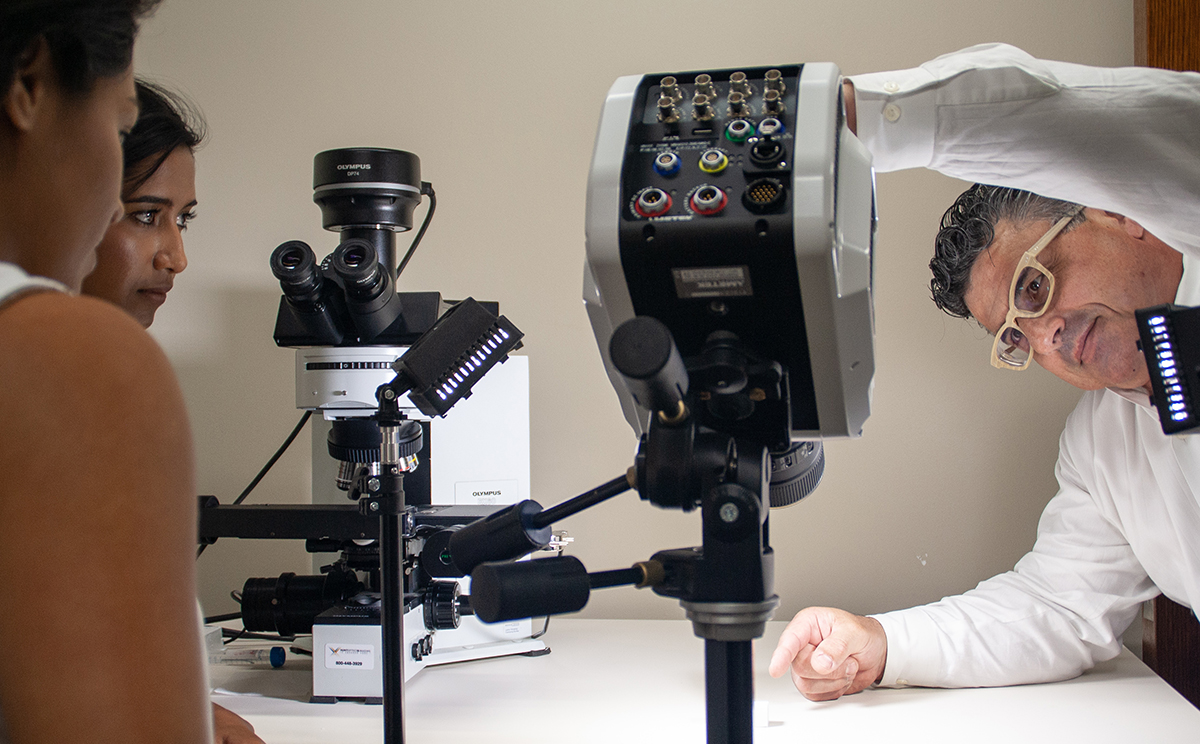
According to a new study published by the Division of Gastrointestinal Surgery’s Aurelio Galli, Ph.D., D.Sc., in PLOS Biology, a specific kind of bariatric surgery can reduce the rewarding effects of cocaine use by elevating bile acids in the gut.
This bile diversion surgery, which has been used as an experimental treatment for weight loss, increases the amount of bile acids that the body can absorb by allowing bile to be released at the end of the small intestine instead of from the gallbladder at the top of the small intestine. In Galli’s study, which just received nearly $200,000 in award funding from the National Institutes of Health, the mice that received this surgery exhibited less preference for cocaine.
These results suggest that bile acids can affect reward pathways in the brain and open the door for new avenues to study and treat cocaine addiction.